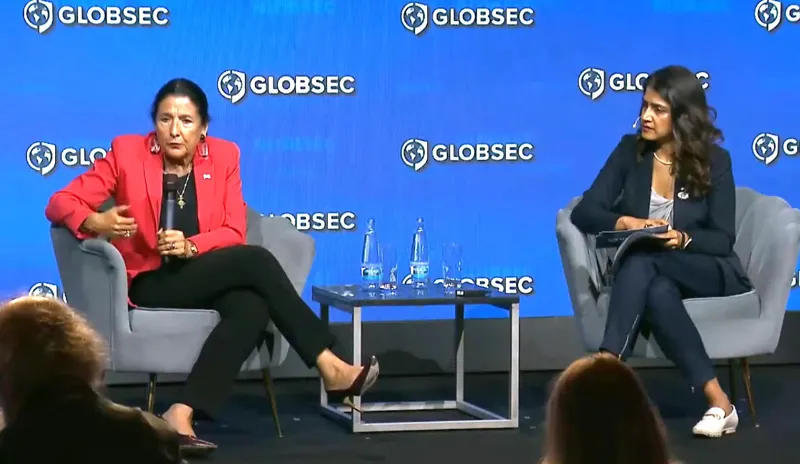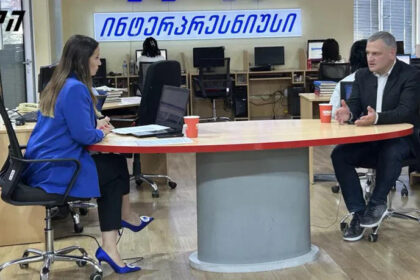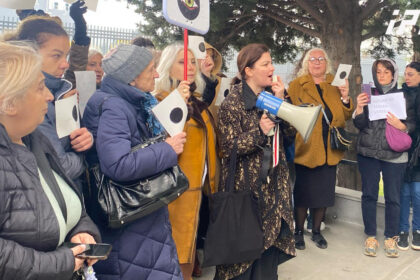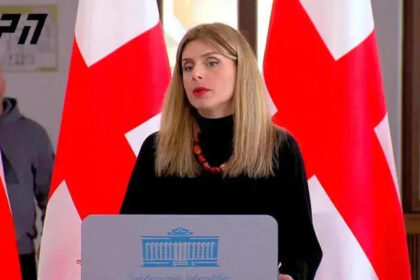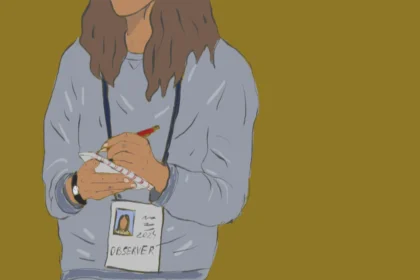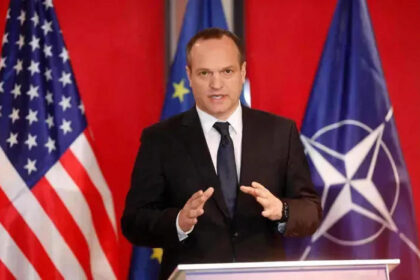**Sanctions Work in Small Countries Like Georgia, Says President Salome Zurabishvili**
In a recent discussion at the GLOBSEC 2025 conference, Georgian President Salome Zurabishvili emphasized the importance of sanctions for her country. Georgia is a small nation with limited economic power, and sanctions can have a significant impact on its economy.
President Zurabishvili stated that while some European countries have imposed individual sanctions on Russia, collective action from the EU has been hindered by a lack of consensus. This is important because, unlike larger countries like Iran or China, Georgia relies heavily on external contacts to drive its business and economic growth. Sanctions can create tension and weaknesses within the ruling party and its inner circle.
The purpose of sanctions, according to Zurabishvili, is not to drastically change policy but to create cracks within the government. By targeting key individuals and businesses connected to the ruling party, sanctions can create divisions and undermine the party’s authority.
When asked when sanctions would become painful for the ruling party, President Zurabishvili replied that they already were having an impact. However, she noted that it’s difficult to predict exactly how quickly and to what extent this will affect the government’s power, which is based on repression.
**The Significance of Sanctions in Small Countries**
President Zurabishvili’s comments highlight the importance of sanctions for small countries like Georgia. In such nations, economic growth and development are often heavily reliant on external factors, making them vulnerable to global economic trends and international pressure.
Sanctions can be a powerful tool in influencing the behavior of governments, especially those with limited economic resources. By targeting key sectors or individuals, sanctions can create economic hardship and undermine the government’s authority.
In Georgia’s case, the imposition of sanctions by individual European countries is seen as a way to apply pressure on the ruling party without the need for collective EU action. This approach allows smaller countries like Georgia to receive support from their European partners while still maintaining some degree of independence.
**A Double-Edged Sword**
While sanctions can be an effective tool in influencing government behavior, they also carry risks and unintended consequences. In countries with limited economic resources, sanctions can exacerbate poverty and economic hardship, potentially leading to social unrest and instability.
As President Zurabishvili noted, the impact of sanctions on a government based on repression can be unpredictable. Sanctions may not necessarily lead to immediate changes in policy but can create tensions and divisions within the ruling party that could eventually contribute to its downfall.
In this sense, sanctions can be seen as a double-edged sword – capable of promoting positive change or exacerbating existing problems, depending on their implementation and the context in which they are applied.




